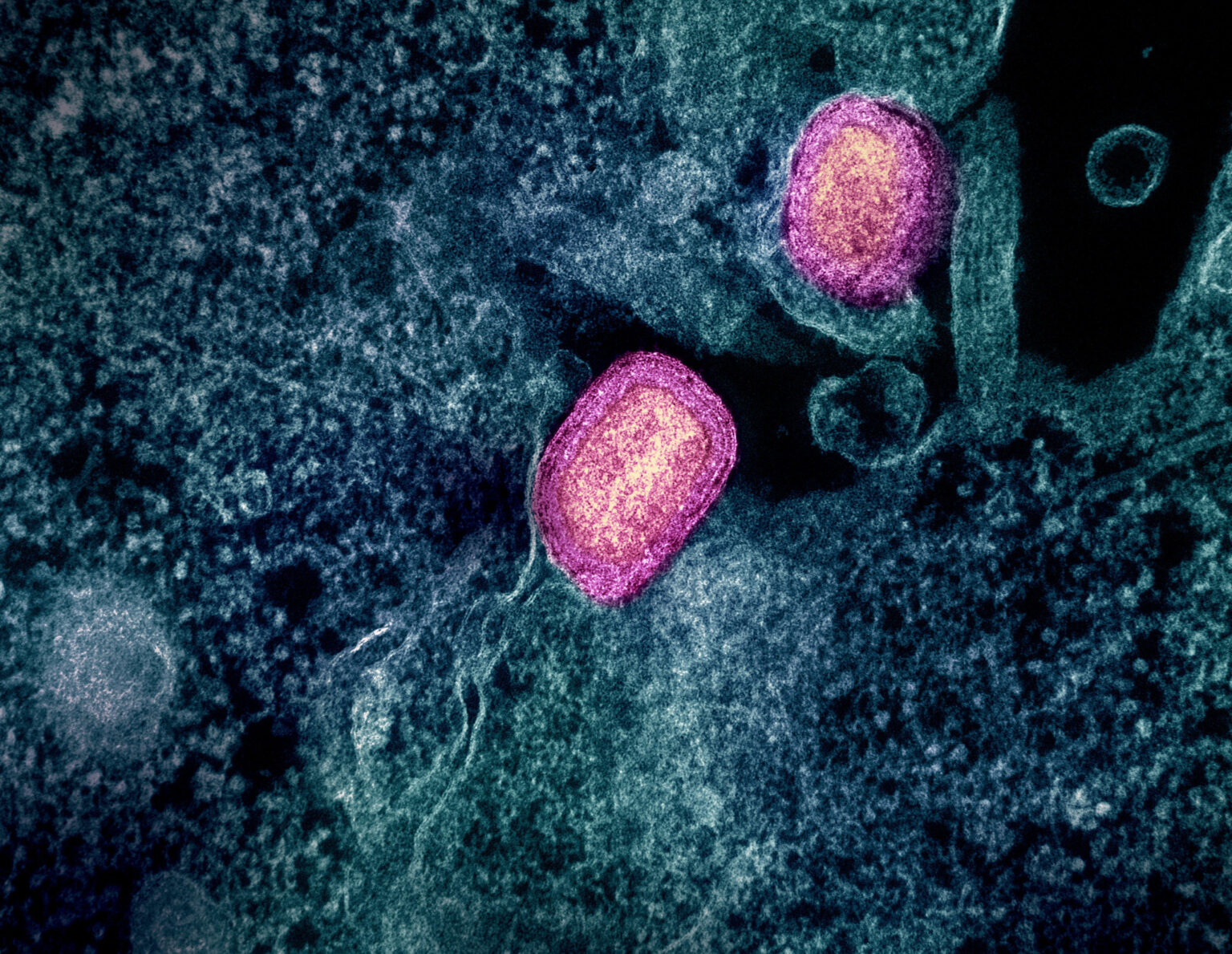The Global Director of the World Health Organization Dr. Tedros Adhanom Ghebreyesus, issued a press release declaring monkeypox “a public health emergency of international concern (PHEIC).”
This is the second time the virus has received this destination. The first time was in 2022, but the advisory status was lifted in May of 2023.
Rapid Spread Raises Alarm
The declaration comes after more than 100 monkey pox cases were confirmed in four countries neighboring the DRC: Uganda, Rwanda, Burundi, and Kenya. Each country had its first-ever case over the last month.
Monkeypox is endemic in Africa, where it originates.
Year to date, more than 17,500 monkeypox cases are confirmed or suspected, compared to 15,000 for all of 2023. Of those, 537 people died. Moreover, more than 65% cases are in people under the age of 15. Over the first week in August, the DRC reported more than 2,400 new cases, and 56 deaths.
About Monkeypox
Monkey pox is a virus that spreads via sexual contact or contact with infected bodily fluids such as saliva, However, the WHO statement noted that part of the concern around recent outbreaks had “different modes of transmission.”
The disease can also be contracted through contact with infected animals, via hunting, skinning, and meat.
Monkey pox is related to small pox. Both are members of the orthopoxvirus genus. Small pox is among the deadliest disease in human history, estimated to have killed 500 million people in the 100 years leading up to its 1980 eradication. The last known natural case was in 1977.
Monkeypox symptoms closely resemble those of smallpox.
Symptoms include includes fevers, chills, sore throat, swollen lymph nodes, and back pain. Perhaps most distinctively, the virus causes rashes with itchy boil-like pustules. While some people only develop a few of the virus’s signature blisters, others experience hundreds all over their body.
The virus’s incubation period can take between 4–17 days, with an average of 8–9 days after exposure.
Monkeypox is not as deadly as smallpox was, but it is still cause for concern. More recent outbreaks are caused by a new strain, clade-1b. Clade-1-b appears to be significantly deadlier than the strain behind the 2022 outbreaks, with mortality ranging from 1.4%–10%.
Though these developments are worrying, most people fully recover from a monkeypox infection. They do, however, get very sick. Recovery time can taken between 2–4 weeks without medical intervention.
WHO’s Request to the Global Community
The WHO is requesting international support in containing the virus. Among these requests: $15 million for testing, surveillance, and treatment.
Additionally, the WHO is seeking vaccine donations from international organizations and vaccine manufacturers. Biopharmaceutical manufacturer Bavarian Nordic is reportedly in negotiations with the African CDC for 200,000 doses of its 2-step vaccine. However, the African CDC estimates it will need 10 million doses to effectively contain the outbreak.
“The current upsurge of [monkeypox] in parts of Africa, along with the spread of a new sexually transmissible strain of the monkeypox virus, is an emergency, not only for Africa, but for the entire globe,” WHO Committee Chair Professor Dimie Ogoina said in a press release. “It is time to act decisively to prevent history from repeating itself.”
Related: CDC Confirms 5th Cases of H5N1 In Colorado Poultry Workers


